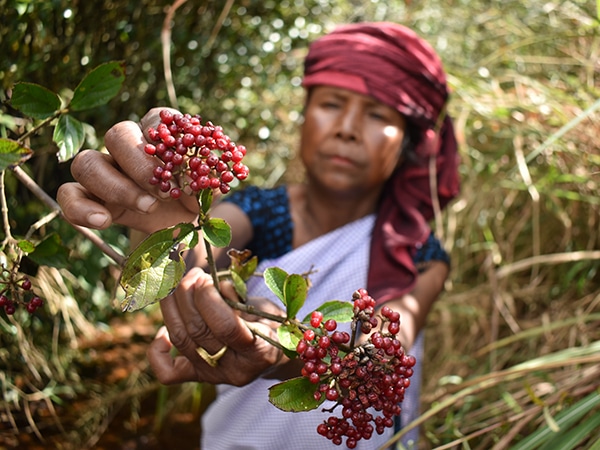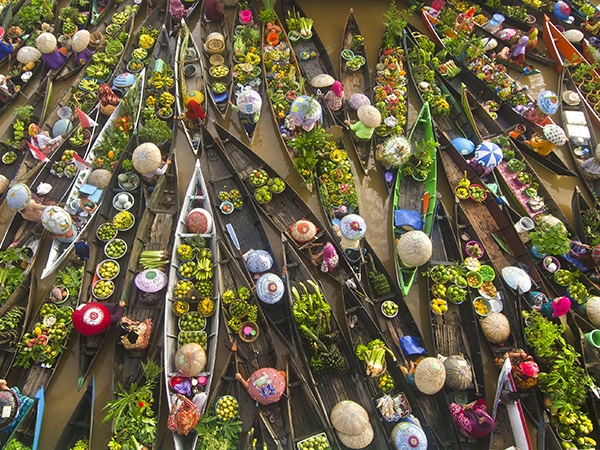Biocultural Diversity: Territories of Life
The programme supports Indigenous Peoples and local communities to defend their Territories of Life and the diversity within them from external threats. When people have secure tenure rights over their land, enforced by an independent legal system, it empowers people to think and act with the long term in mind and it helps them to protect their land from destruction by industrial activities.
Insecure land tenure fuels poverty, social and gender inequalities, food insecurity, conflict and environmental degradation globally. Often this is driven by powerful economic and political interests.
Our programme aims to support Indigenous Peoples and local communities to:
Document and map biological and cultural information within their territories.
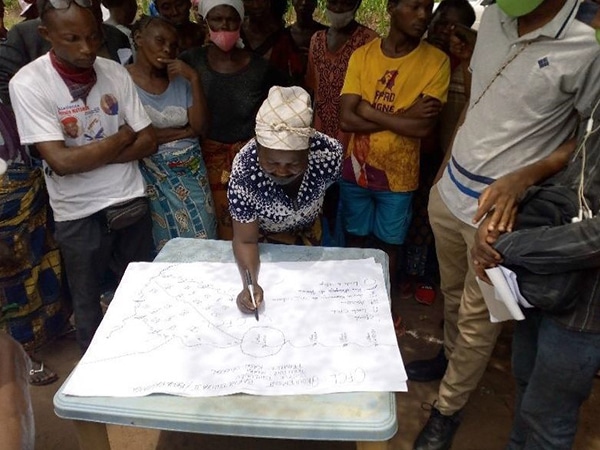
This information is for their own records, as well as to articulate to others the importance of their territories and to use this as part of the legal process to secure official land titles.
Undertake legal work to defend their territories from external threats and to obtain secure land titles.
When people have secure tenure rights over their land it helps to address many issues such as social and gender inequalities, food insecurity, and environmental degradation. It empowers people to think and act with the long-term in mind and it helps them to defend their land from external threats.
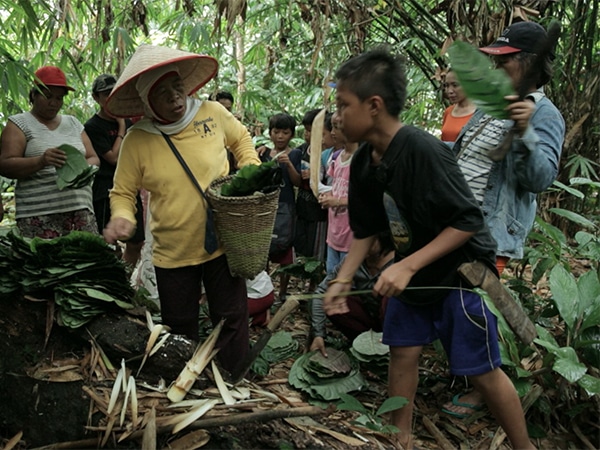
Conduct advocacy and mobilise grassroots-led campaigns.
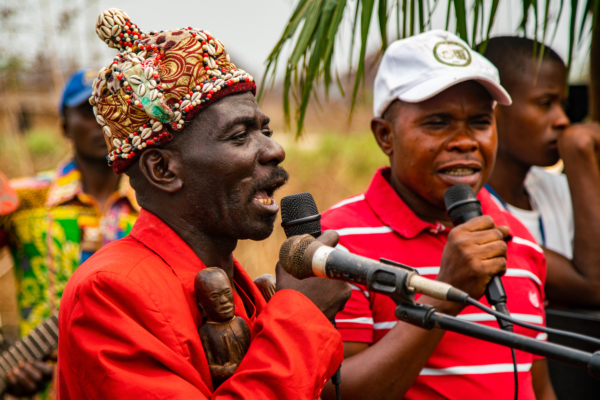
Empower people to defend their territories from external threats and advocate for Indigenous and environmental rights.
* Images (L to R): CFLEDD, LifeMosaic, Chris Scarffe
A close association is often found between a specific Indigenous People or local community and a specific territory, area, or body of natural resources. When such an association is combined with effective local governance and conservation of nature, it is increasingly termed a “ICCA”. ICCA is an abbreviation for “territories and areas conserved by Indigenous Peoples and local communities” or “territories of life” (ICCA Consortium).
Partner spotlight: ICCA Consortium
The ICCA Consortium is a membership organisation for indigenous and community groups, and the organisations and individuals that support them, working to protect their Territories of Life. It plays an important role in embedding the concept of Territories of Life into wider conservation policy and practice through building the capacity of its members to strengthen conservation of their Territories of Life and communicate their achievements, producing detailed analysis and reports and organising learning exchanges.
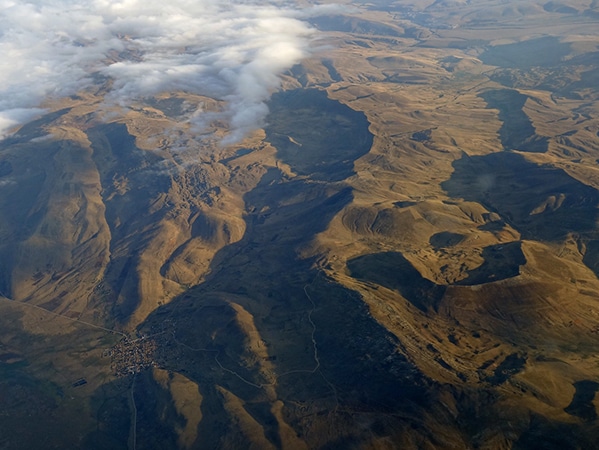
Image: Flickr/TXMX2 CC BY-NC-ND 2.0
“We [Indigenous Peoples], [representing] only five per cent of the world’s peoples, are protecting 80 per cent of the world’s forests. And we are being denied basic rights, we are being threatened, because we are protecting life for the entire world. We’re too few people looking after the world. The power is thus in your hands. It is your decision.”
Eunice Kerexu, Guarani Leader, Coordinator Guarani Yvyrupa Commision and APIB, Brazil
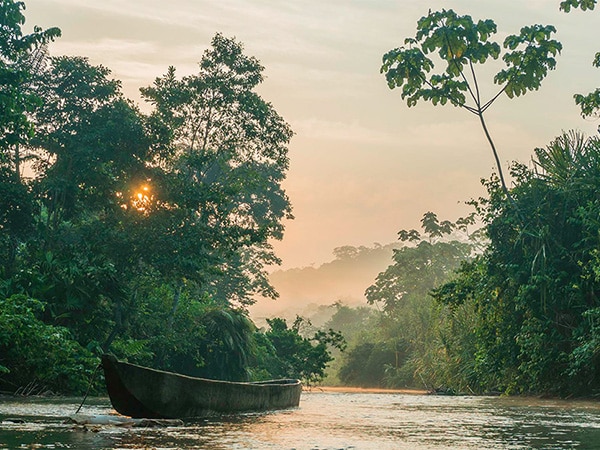
Territories of Life
Defend Indigenous and community Territories of Life.

